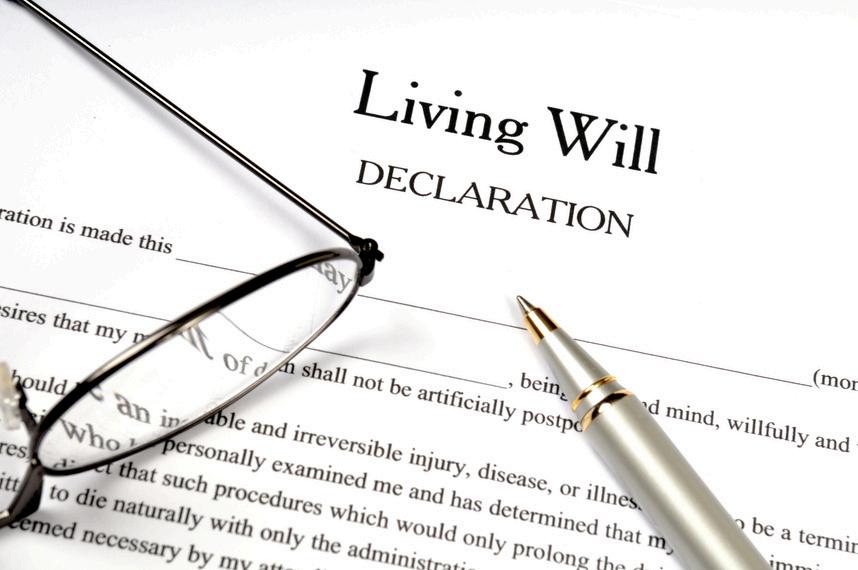






A Last Will and Testament is a document that states your final wishes. Every Will must be submitted to the Surrogate’s Court after death so the court can determine if it is valid and enforceable. This is the procedure known as “probate ” Your closest family members (next-of-kin) must be sent a notice informing them that the probate proceeding is taking place and giving them the opportunity to appear
Wills generally follow a certain format:
They describe your family situation, such as whether you are unmarried, married or divorced, and name your spouse and children.
You appoint several people to certain roles, and you name backups in case the people you appoint are unable or unwilling to serve
The executor is responsible for carrying out all your directions in the Will
The guardian is responsible for your minor children and their property, if any.
The trustee (or multiple trustees) is responsible to carry out your instructions as to assets left in Trust, such as to minor children, disabled people, pets, or charities.
You direct how your assets are to be distributed to your beneficiaries
You may give directions as to certain debts, administrative expenses, and taxes
If you don’t have a Will, New York state law prescribes what will happen to your assets. For example, if you die unmarried and without children, all your assets will go to your parents. Depending on circumstances, that may be harmful to your parents if they are in a high tax bracket and suddenly have more assets or income At the other end of the spectrum, they may need to rid themselves of assets in order to qualify for Medicaid, and receiving your
assets will make that more difficult.
If you die having a spouse and children, your spouse gets the first $50,000 in value from your estate. The remainder will be split between your spouse and your children, with your spouse receiving one-half the remainder and your children jointly receiving the other half People who assume that their spouse will automatically receive everything are incorrect.
When the surviving children are minors, further complications arise. The children may become part owners of a house or other real estate, or a business. Because they are too young to enter into contracts, guardians must be appointed to represent their interests These guardians are generally attorneys appointed by the court Those attorneys have to be paid Those attorneys may decide that the interests of the children are different from the interests of the surviving parent Without a Will, you have not appointed an executor. This means the Surrogate’s Court must appoint an administrator to administer your estate. It is not uncommon for siblings or other relatives to fight each other over who will be appointed administrator. It is far better for you to write a Will and choose your executor
A Revocable Trust is a written document that allows you to legally transfer ownership of your real property and other assets to a Trust while you are alive, and then to your heirs and loved ones upon your death. It’s almost like forming a business. You appoint yourself as trustee and retain control of the assets while you are alive. You also appoint a successor trustee, who will run the trust after you have deceased. You direct that upon your death and your assets are distributed in specified ways This is how the Trust acts like a Will Because this Trust is revocable, you can change its terms or terminate it entirely at any time before your death
This is not intended to be legal advice. You should contact an attorney to discuss your specific situation.



There are a number of benefits to having a Revocable Trust:
Avoid Probate: Unlike a Will, a Trust does not have to be submitted to court for probate. This may save time and money. It also provides for more privacy, because once submitted to court, a Will can be accessed by anyone who goes to court to ask for it.
Avoid Guardianship Proceedings: A common option for a Trust is to name a successor trustee who will take over if you should become incapacitated. Alzheimer’s disease and other types of dementia are increasingly common today Without a Trust, your family would have to go to court to seek appointment of a guardian to handle your financial affairs This procedure is costly, time consuming, and highly regulated Like any court proceeding, the pleadings and decisions can be accessed by anyone who goes to court to ask for it With a welldrafted Trust, the successor trustee can quickly and privately assume control without the need for a court proceeding.
Avoid Will Contests: If you have a Will, your family must be notified of the probate proceeding, even if you have disinherited them. They can easily file objections and contest the Will. With a Trust, there is no probate, and no inviting heirs into court. Your successor trustee makes distributions according to your wishes.
Avoid Multi-State Probates: If you use a Will, and own real estate in more than one state, you must have a separate probate proceeding in each state. When a Trust owns the real estate, there is no need for multiple probates This can save a great deal of time, money, and effort
Taxes and Insurance: A Trust is a good vehicle for sophisticated tax planning that can reduce estate and gift taxes Using Trusts in connection with life insurance may also create substantial value for your beneficiaries
Estate planning is the process of analyzing your assets, deciding who you want them distributed to, and preparing the necessary paperwork, while also considering taxation and special situations such as disabled children, pets, charities, and family-owned businesses.
In addition to a Will or Trust, we always recommend that clients execute a Power of Attorney and a Health Care Proxy. The Power of Attorney allows someone to conduct business on your behalf when you are unable to do so while you are alive. The Power of Attorney expires upon your death Similarly, in a Health Care Proxy, you appoint someone to make medical decisions for you when you are unable to do so Many people also want a Living Will, sometimes called an advance directive, where certain medical procedures are prohibited under specified circumstances
We all work hard our entire lives and do not want to see all the things we worked for get lost to long term care costs or estate litigation. We want to ensure that what we worked for is going to be seamlessly left to those in our hearts – our children, grandchildren, exceptional friends, or charities that are dear to us. They should receive your assets as you determine. After all, the best gift you give your loved ones is a well-thought out and organized plan to distribute your assets and belongings after you have deceased.
You can count on J&G Law, LLP to provide the legal advice you need and deserve to preserve your rights and wishes upon your death.